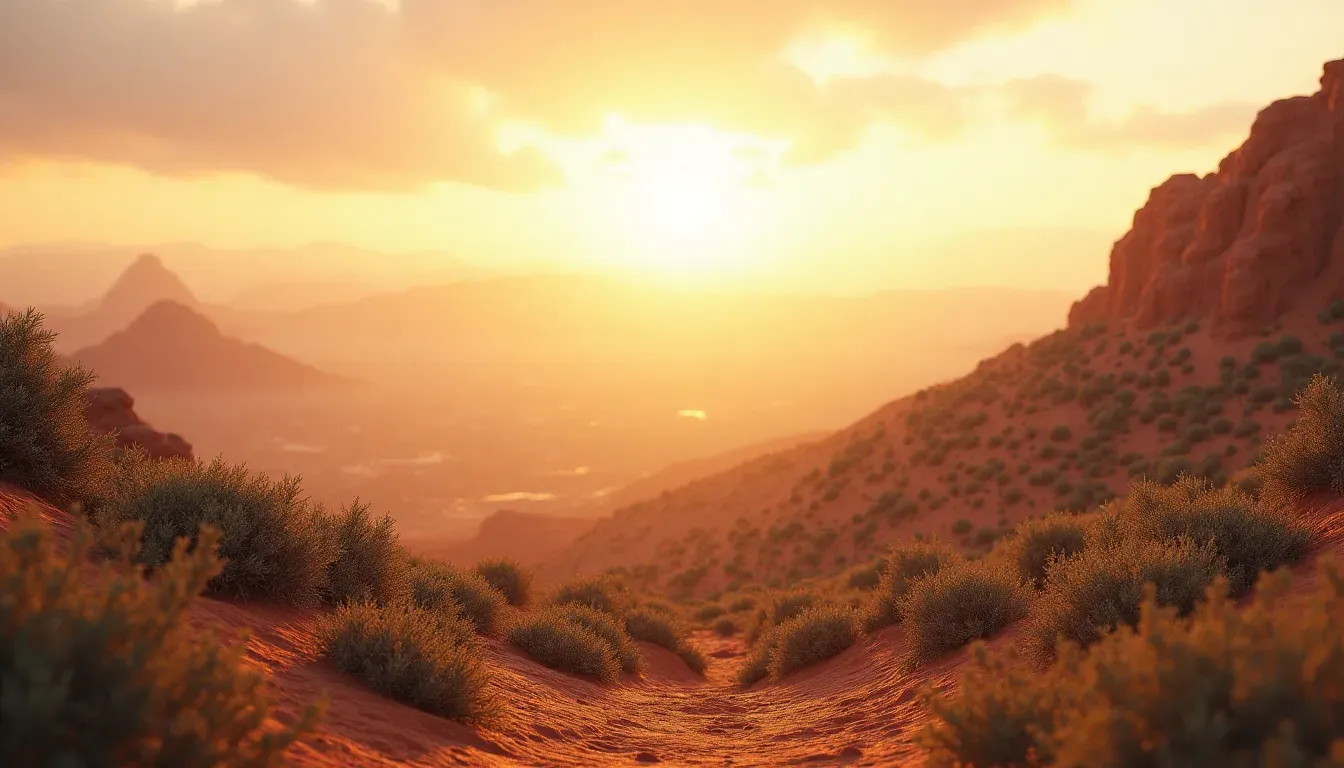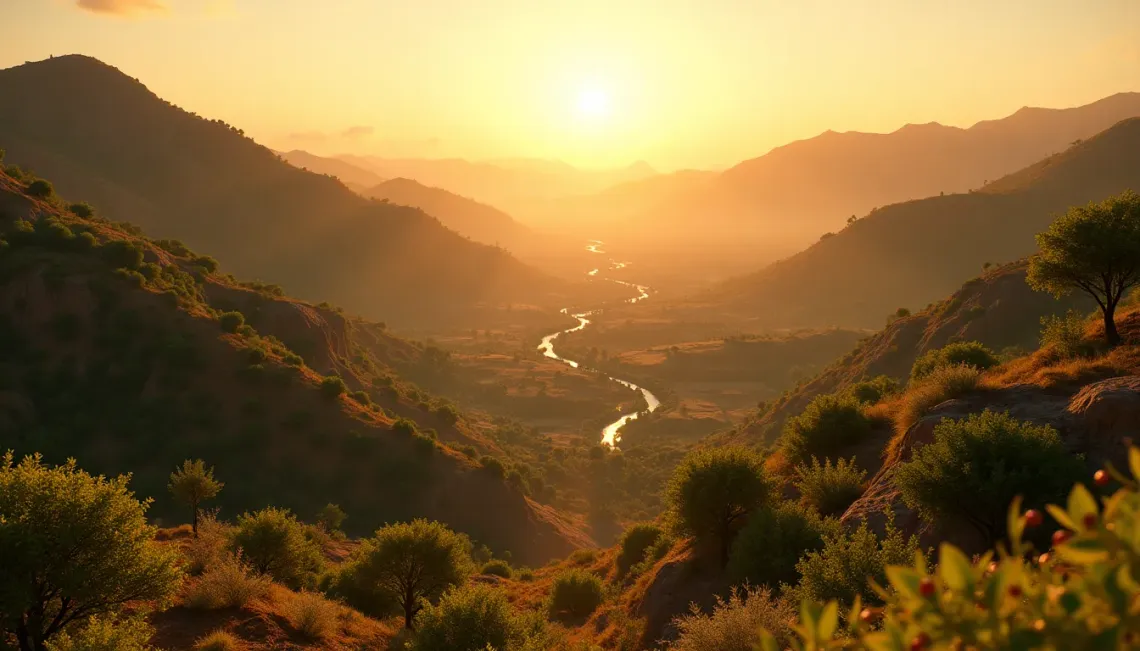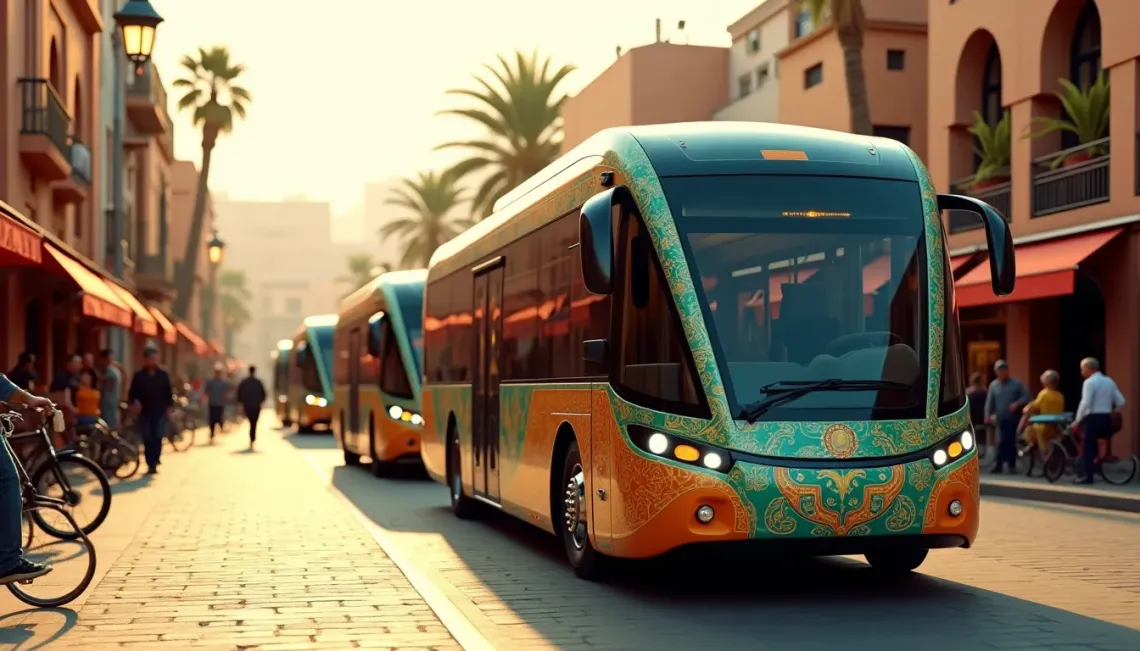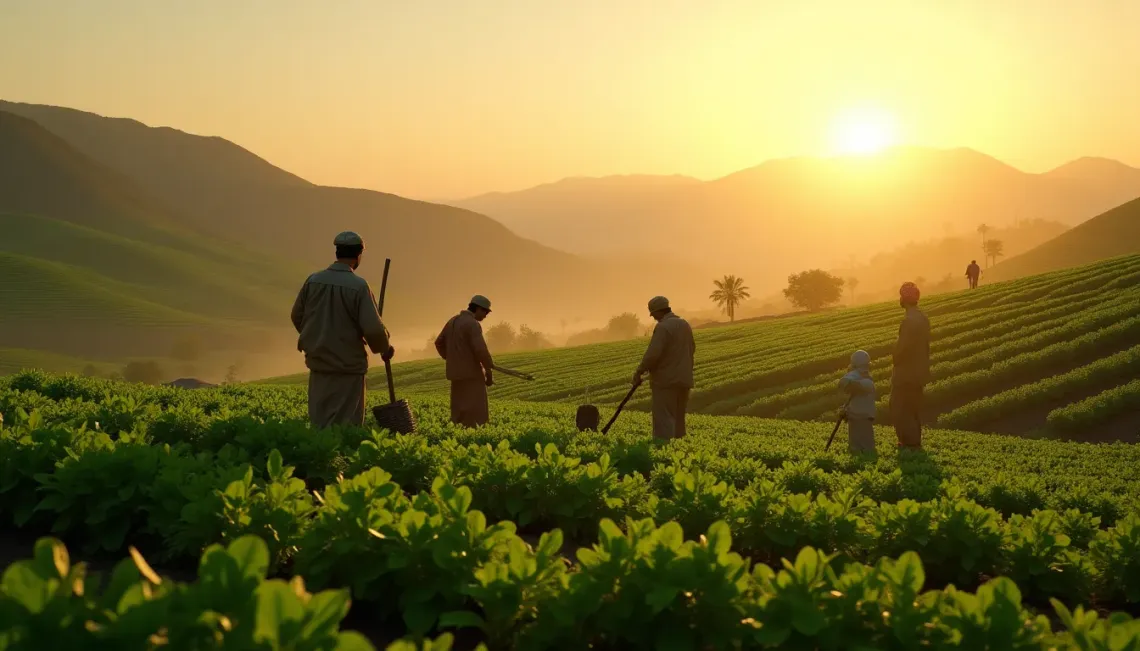Morocco, a nation celebrated for its rich history and stunning landscapes, faces a complex set of environmental challenges. As the impacts of climate change become more evident, it’s crucial to understand Morocco’s environmental challenges and explore sustainable solutions to mitigate these issues.
Morocco's Environmental Challenges
The environmental challenges in Morocco are diverse, ranging from water scarcity to deforestation and urban pollution. With a significant portion of its economy reliant on agriculture, Morocco experiences severe water shortages exacerbated by climate change.
Water Scarcity
Water scarcity remains one of the most pressing issues. The over-reliance on agriculture has led to over-extraction of groundwater, significantly depleting reserves. Climate change impact, characterized by irregular rainfall and prolonged droughts, further aggravates this issue, affecting both rural and urban communities.
Deforestation and Soil Erosion
Deforestation is another critical challenge. Increasing demand for arable land and urban expansion lead to a loss of valuable forests, resulting in soil erosion. This degradation not only impacts agriculture but also damages natural habitats.
Urban Pollution
Rapid urbanization introduces significant pollution issues. Major cities like Casablanca and Marrakech face substantial air and water pollution, necessitating urgent eco-friendly initiatives and regulation reforms.
Sustainable Solutions in Morocco
Addressing Morocco's environmental challenges requires comprehensive sustainable solutions tailored to local conditions. Here's how Morocco is making strides in eco-friendly initiatives:
- Renewable Energy Projects: Morocco has invested heavily in renewable energy, particularly solar and wind power. The Noor Ouarzazate Solar Complex is one of the largest solar power plants in the world, symbolizing Morocco’s commitment to reducing carbon emissions.
- Water Conservation Techniques: Implementing innovative irrigation methods, such as drip irrigation and rainwater harvesting, helps preserve water resources and support agricultural sustainability.
- Reforestation Programs: The government and NGOs have initiated reforestation projects to combat deforestation and soil erosion, aiming to restore ecosystems and promote conservation efforts.
- Urban Green Spaces: Expanding green spaces in urban areas can combat pollution, providing cleaner air and enhanced quality of life for city dwellers.
Conservation Efforts and Eco-Friendly Initiatives
The conservation efforts in Morocco are integral to maintaining biodiversity and ecological balance. Government policies and grassroots movements focus on creating protected areas and promoting sustainable practices among local communities.
Eco-friendly initiatives, including educational campaigns, encourage citizens to engage in sustainable living practices. From recycling programs to sustainable agricultural practices, these initiatives are essential for fostering a culture of environmental responsibility.
Looking Towards the Future
As Morocco navigates its environmental challenges, international collaboration and technological advancements play pivotal roles. By forming alliances with global environmental organizations, Morocco can enhance its capacity for conservation and climate resilience.
In conclusion, understanding Morocco’s environmental challenges and exploring sustainable solutions is fundamental for future prosperity. Through continued investment in renewable energy, sustainable agriculture, and conservation efforts, Morocco can effectively combat the climate change impact, securing a healthier environment for future generations.




